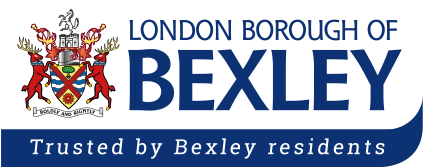Working more closely and inclusively with the local community plays a crucial part in the success of this strategy. Whether this is greater communication through community meetings or organised joint weapon sweeps with the police, it is important to include residents on our journey to tackle serious violence in our borough.
By invoking a community-led response, we seek to empower and support communities to tackle (where appropriate) the issues in their own communities through discussion and collaboration. There is then no issue of buy-in or the feeling that the council owns the work – the community own it from day one. The council enables the discussions to happen and supports with learning opportunities and advice for further funding.
Because the prevalence and sources of serious violence can vary across different boroughs, it is important to understand the ‘local picture’ and plan how to tackle it accordingly. That’s another important reason to have more connected and meaningful conversations with the community than we may have had previously, and certainly prior to a serious violent incident occurring rather than generally only afterwards.
The residents within our community often know what the trigger points are for tension and violence, why a minority of young people gravitate to gangs and what is lacking within the area that could help mitigate those triggers.
Serious violence is not an issue that will be greatly reduced overnight because of several factors (some simply out of everybody’s control). But, by including local communities from the beginning of our approach, we can start that journey together with a clear path of what will help and why. Having that clear local picture will assist strategic planning and resourcing for all partners involved and make best use of the public resources that are being made available to us to tackle serious violence.
Community engagement is the last remaining area of this strategy now being implemented and is being driven through the BCSP Serious Violence Working Group. By discussing with all partners how best to engage with existing community groups such as faith leads, and resident forums, a picture can be produced that will help evidence local issues, target resources and commission appropriate projects while working with and taking the community on this journey.

